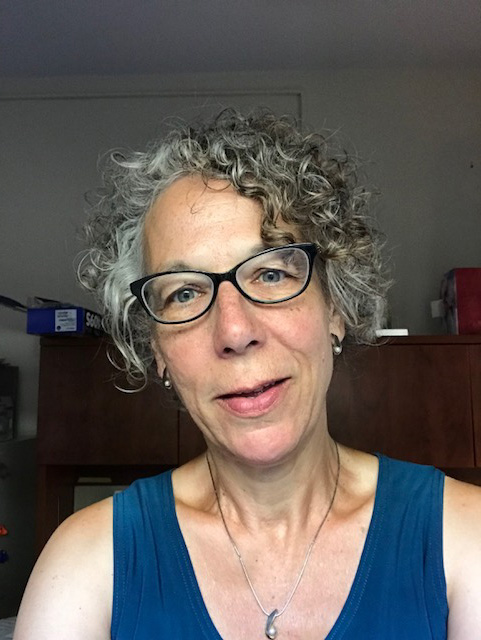End of life Navigation
End of life Navigation
Project Title
An Inter-provincial comparison of Innovative programs that help individuals and families affected by life-limiting chronic illnesses navigate end-of-life.
Time Period and Funding
2018-2020, CIHR Strategy for Patient Oriented Research (SPOR) Primary and Integrated Primary Care Innovations (PIHCI) Comparative Program and Policy Analysis Grant. $124,540 over two years plus 1:1 matching funds
Principal Investigators
Robin Urquhart (Nova Scotia Health Authority (NSHA), Dalhousie), Grace Warner (Dalhousie), Cheryl Tschupruk (NSHA, Knowledge User), Kelli Stajduhar (U Victoria), Kathy Pfaf (U Windsor)
Co-investigators
Grace Johnston (Dalhousie, NSHA), Bev Lawson (Dalhousie), Lisa Garland Baird (UPEI), Denise Marshall (McMaster), Michelle Howard (McMaster), Lisa Dolovich, (McMaster), Suzanne McMurphy (U Windsor), Leslie Malloy-Weir (McMaster)
Patient Representatives: Juanna Ricketts (NS), J Purdon, D Roberts, D Sattler
Objectives:
- Use integrated knowledge translation to engage patients/families and knowledge users in research.
- Identify Canadian innovative community-based navigation programs, and components that address the needs of individuals affected by life-limiting illness and their families who are living in the community.
- Compare how well these programs a) improve individuals’ and families’ navigation by increasing their awareness of, access to, and/or coordination between needed services and supports; b) are integrated into primary healthcare services and systems of care; and c) support end of life goals including preferences for care and death.
- Identify the determinants of successful implementation of these innovative programs in different institutional, policy, and socio-political contexts.
Methods
This two-phased project use realist evaluation as the methodological framework to evaluate navigation programs and their implementation.
Phase 1 will involve a horizon scan of innovative community-based navigation programs across Canada to select and evaluate innovative programs. A Delphi panel will then be undertaken with our patient/family and knowledge user team members to rank programs according to those they feel are most meaningful to addressing patient and/or family needs as they approach EOL.
Phase 2 will involve document analysis and semi-structured interviews with key informants from the top-ranked 15 programs to understand how programs work in various contexts.

